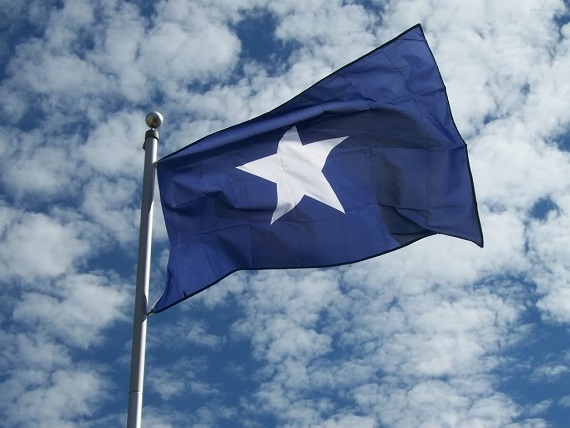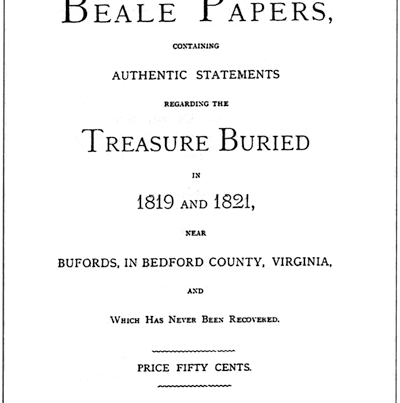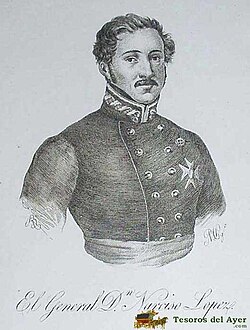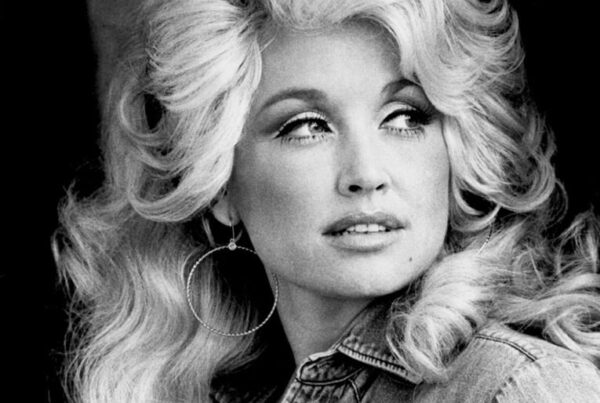Scholars who have seriously studied the question of what Northerners and Southerners were fighting for during the so-called “Civil War” have generally concluded that slavery was not a major motivating factor on either side. “Just as most Northerners did not fight to end slavery,” explained the acclaimed historian James I. Robertson, Jr., “most Southerners did not fight to preserve it.” What, then, were they fighting for? The contrast between two different versions of a popular patriotic song, “The Bonnie Blue Flag,” illustrates the intentions of both sides. Although the song was originally written for the South – adapted from a traditional Irish melody – it was later appropriated by the North. Stealing songs from the enemy was a common practice during the Civil War. For example, “The Battle Cry of Freedom” originated as a Northern song (“Down with the traitors and up with the stars!”) but was adapted to the Southern cause (“Down with the eagle and up with the cross!”). Although there are different versions of the song, these lyrics were the most common for Southerners and Northerners:
| Southern | Northern |
| We are a band of brothers and native to the soilFighting for our Liberty, with treasure, blood, and toilAnd when our rights were threatened, the cry rose near and farHurrah for the Bonnie Blue Flag that bears a single star! Chorus:
Hurrah! Hurrah! For Southern rights, hurrah! Hurrah for the Bonnie Blue Flag that bears a single star
As long as the Union was faithful to her trust Like friends and like brethren, kind we were and just But now, when Northern treachery attempts our rights to mar We hoist on high the Bonnie Blue Flag that bears a single star
First gallant South Carolina nobly made the stand Then came Alabama and took her by the hand Next, quickly Mississippi, Georgia, and Florida All raised on high the Bonnie Blue Flag that bears a single star
Ye men of valor, gather round the banner of the right Texas and fair Louisiana join us in the fight Davis, our loved President, and Stephens statesmen rare Now rally around the Bonnie Blue Flag that bears a single star
Now here’s to brave Virginia, the Old Dominion State With the young Confederacy at last has sealed her fate And spurred by her example, now other States prepare To hoist on high the Bonnie Blue Flag that bears a single star
Then cheer, boys, cheer, raise a joyous shout For Arkansas and North Carolina now have both gone out And let another rousing cheer for Tennessee be given The single star of the Bonnie Blue Flag has grown to be eleven
Then here’s to our Confederacy, strong we are and brave Like patriots of old we’ll fight, our heritage to save And rather than submit to shame, to die we would prefer So cheer for the Bonnie Blue Flag that bears a single star |
We’re fighting for our UnionWe’re fighting for our trustWe’re fighting for that happy landWhere sleeps our father dustIt cannot be disseveredThough it cost us bloody wars
We can never give up the land Where floats the stripes and stars
Chorus: Hurrah! Hurrah! For equal rights, hurrah! Hurrah for the good old flag That bears the stripes and stars
We trusted you as brothers Until you drew the sword With impious hands at Sumter You cut the silver cord So now you hear the bugles We come the sons of Mars To rally around the brave old flag That bears the stripes and stars
We do not want your cotton We do not want your slaves But rather than divide the land We’ll fill your Southern graves With Lincoln for our chieftain We wear our country’s stars And rally around the brave old flag That bears and the stripes and stars
We deem our cause most holy We know we’re in the right And twenty million freemen Stand ready in the fight Our pride is fair Columbia No stain her beauty mars On her we’ll raise the brave old flag That bears the stripes and stars |
According to James M. McPherson, Pulitzer-winning author of Battle Cry of Freedom, while Southerners “fought for liberty and independence from what they regarded as a tyrannical government,” Northerners “were willing to risk their lives for Union, but not for black freedom.” Indeed, in the Southern “Bonnie Blue Flag,” Southerners saw themselves as fighting against “treachery” for their “liberty,” “rights,” and “heritage,” just like the “patriots of old.” In the Northern version, Northerners were engaged in the “holy” crusade of saving the Union from being “dissevered.” Defending slavery is not specifically stated as a reason for fighting in the Southern version, while in the Northern version emancipating slaves is explicitly denied. Southerners insisted that they were loyal to the Union so long as she was “faithful to her trust,” but swore that they would die “rather than submit to shame.” Northerners, in turn, swore “equal rights” to all States in the Union, but threatened “bloody wars” and “graves” to those who would “divide the land.”
Defending slavery did not inspire Confederate soldiers to charge Cemetery Ridge or stand like a stone wall at Manassas, nor did destroying it inspire Federal soldiers to hold out in the Hornet’s Nest or march up Marye’s Heights. Northerners and Southerners each believed with total sincerity that they were the heirs to the American Revolution defending the fundamental principles of their country’s freedom. “Soldiers on both sides felt intensely this honorable burden on their shoulders, and, of course, the tragic irony, one of the tragic ironies of the Civil War, is that Confederate and Union soldiers interpreted that heritage in precisely opposite ways,” said McPherson in a speech at Manassas National Battlefield Park. “In the image of the Founders, Confederates professed to fight for liberty and independence from a tyrannical government. Unionists fought to preserve the nation created by the Founders from what they regarded as its dismemberment, destruction, and ruin.” In other words, Northerners believed that the Union was America’s paramount political ideal and that its preservation was their sacred duty. Southerners, by contrast, believed that America’s paramount political ideal was self-government and that they had a sovereign right to be free. These irreconcilable differences and mutual misunderstandings concerning each other’s motives led to the death and disability of over a million Northern and Southern soldiers, the despoliation of countless Southern citizens, and the destruction of the laws of the land – a cataclysmic loss of life and liberty which still scars not only the American landscape, but also the American consciousness.







